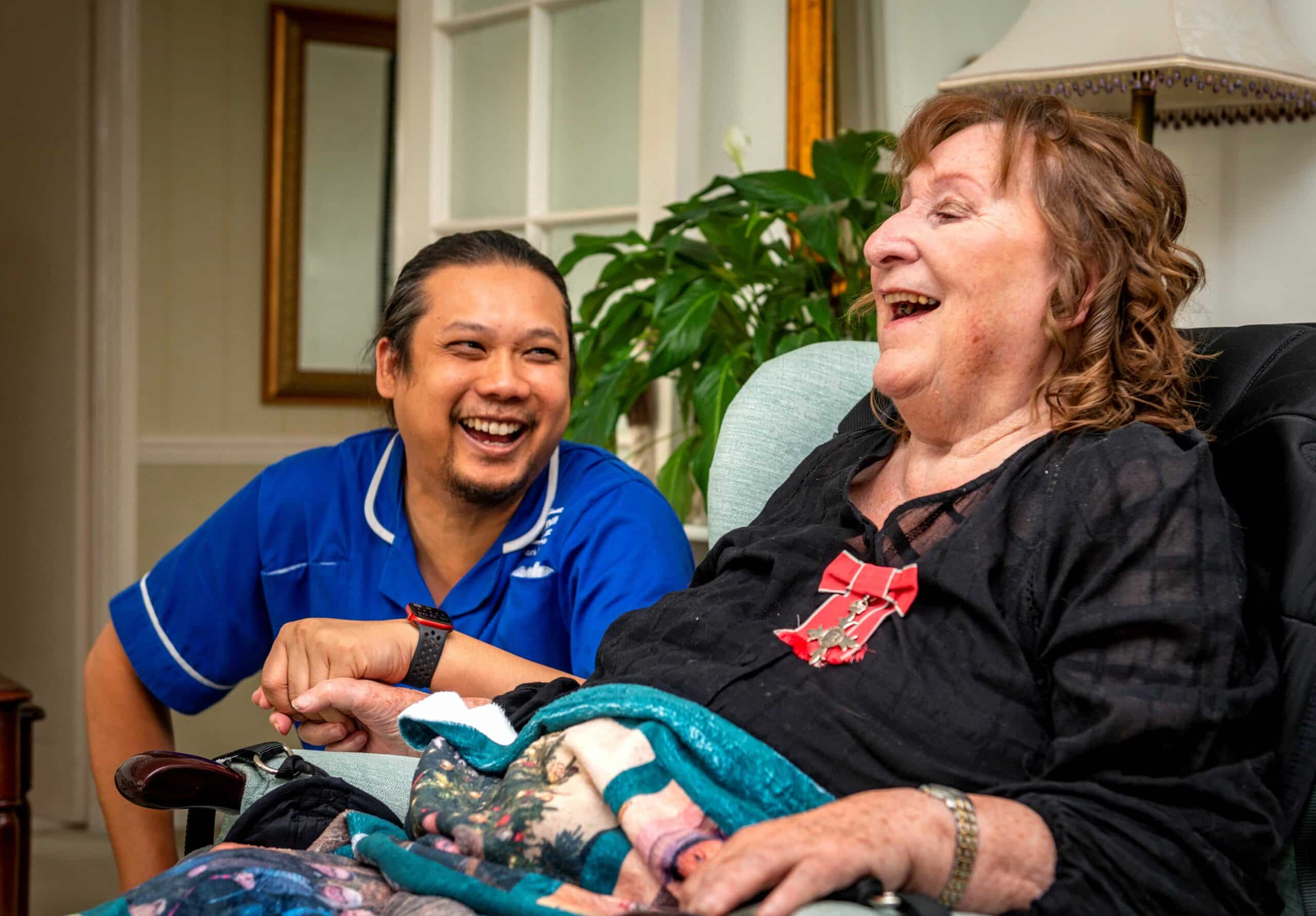Discussing Home Care with Ageing Parents
As our parents age, a conversation about home care can become increasingly important. At Caremark Gravesham we understand this can be difficult as it’s a sensitive topic and often touches on issues of independence and mortality. However, approaching the subject with empathy and planning can lead to a positive outcome for everyone involved. Caremark Gravesham want to help you do that.

Before the talk: Preparation is Key
- Educate Yourself: Research different home care options available in your area. This might include companionship care, assistance with daily living activities, or even skilled nursing care. Understanding the range of services that a home care provider provides can help you tailor the conversation about home care to your parents’ specific needs. You can click here to see the services offered by Caremark Dartford & Gravesham and visit the Homecare Association website to find local home care.
- Consider Your Needs: How much can you realistically help? Knowing your own limitations will guide the discussion and help determine the level of home care that might be beneficial.
- Gather Information: Talk to your parents’ doctor about any concerns you have regarding their ability to live safely and independently
During the talk: The Communication is Crucial
- Start Slow: Don’t expect a decision overnight. The conversation about home care is likely to be ongoing, so begin by expressing your love and concern for their well-being. From experience, we know it is quite common for there to be some initial resistance from customers where they may not feel they need external support, however once they have a chance to experience care and build a rapport with their care assistants, they start to realise the value.
- Focus on Open-Ended Questions: Instead of dictating solutions, ask questions that encourage discussion. Examples could include: “How are you managing with [specific task]?” or “Have you thought about what kind of help you might like in the future?”
- Address Concerns: Loss of independence is a common fear. Reassure them that home care can enhance their quality of life and allow them to remain at home for longer. At Caremark Gravesham, we absolutely encourage our customers to be as independent as possible and continue pursuing activities they enjoy.
- Present Homecare as a Positive: Frame it as a way to help them continue enjoying their hobbies and activities. Emphasize the companionship aspect and the ability to maintain their routines at home in their familiar environment. Care should be tailored to the individual’s needs and based on their preferences and designed to empower them.
Tips for a Successful Conversation about Home care
- Choose the Right Time: Pick a calm moment when your parents are relaxed and receptive.
- Listen Actively: Pay close attention to their concerns and feelings. Validate their emotions and address any anxieties they may have.
- Work Together: This is a collaborative effort. Involve your parents in the decision-making process as much as possible.
- Be Patient: Change can be difficult. Allow your parents time to adjust to the idea of home care. Your parents may not even admit to needing help so, you may be able to frame this as companionship to begin with.
Remember, you’re not alone in this. There are many resources available to help you navigate this conversation about home care. By approaching this topic with open communication and planning, you can ensure a smooth transition to homecare that benefits everyone involved.
If you have any queries about home care and how we might be able to support your loved one, please don’t hesitate to call the Caremark Dartford & Gravesham team on 01474 320 411.